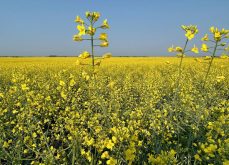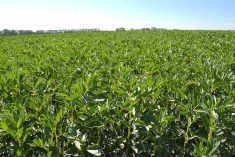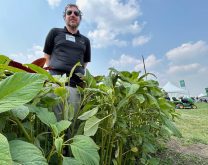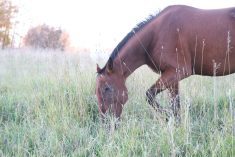Among the deals struck on a recent trade mission was the creation of an agriculture school and a $3-million deal to export Canadian purebred cattle to Kazakhstan
A trade mission in Kazakhstan has yielded good results, officials say.
“The industry people who I’ve been travelling with have told me just about every day they’ve been here they’ve had very productive meetings,” Alberta Agriculture Minister Verlyn Olson said in a media conference call from Kazakhstan.
One of the deals will see the Canadian Hereford Association collaborate with a large ranch in Kazakhstan.
“They’re working together on the creation of an agriculture school,” said Olson, adding the association donated $5,000 towards the project, which will involve Lakeland College.
Read Also
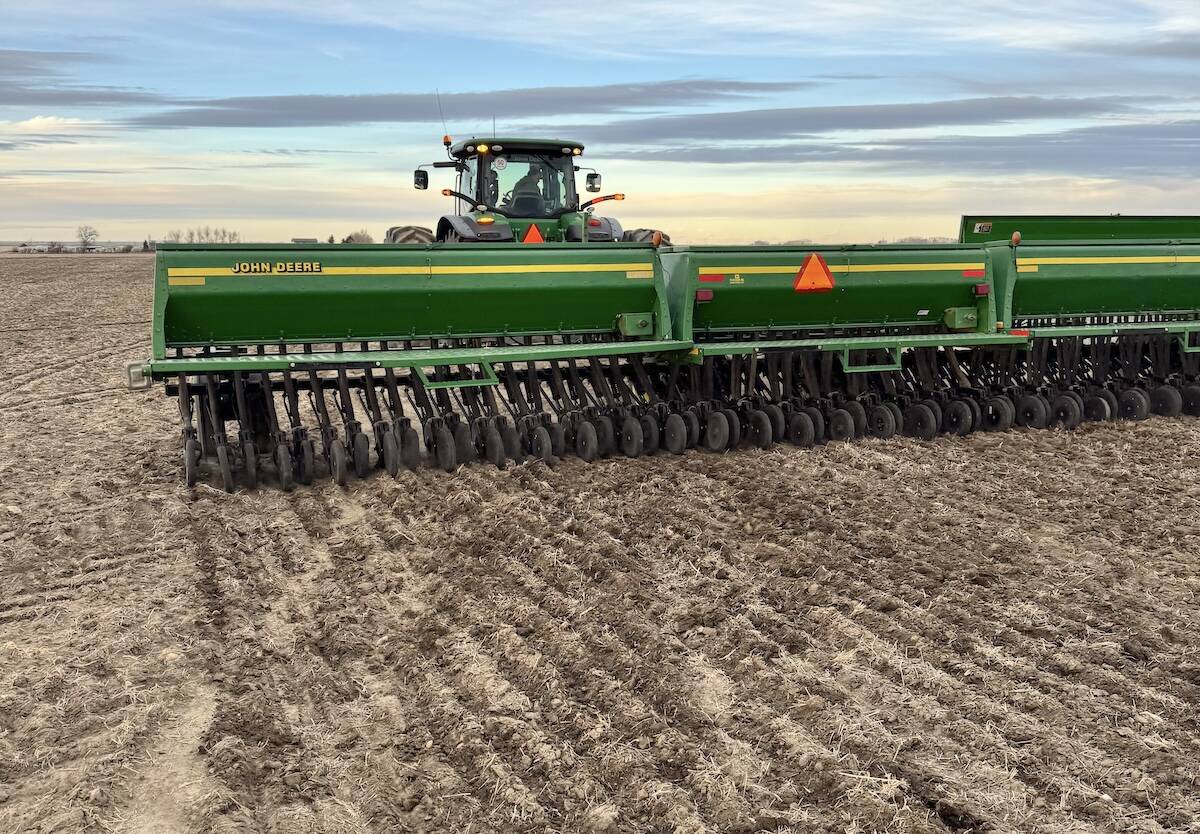
From winter soil to bountiful crops: Alberta’s ultra-early seeding experiment
Southern Alberta farmers are putting research into practice, pushing ahead traditional seeding times by months for spring wheat and durum.
As well, Xports International signed a $3-million deal to export Canadian purebred cattle to Kazakhstan. On the earlier Russian leg of the trade trip, Genesus signed an $8-million contract to export 6,500 breeding swine to Russia.
Olson predicted there will be many more deals between Kazakhstan, already the biggest importer of Canadian purebred cattle, and Alberta’s ag industry.
“When you drive out in the country here, it feels very much like maybe the Brooks country or maybe Hanna country, except there are no fences, it just goes for miles… so there is a great opportunity for us to sell cattle and farm equipment here,” he said.
“There’s huge potential.”
While in Russia, federal Agriculture Minister Gerry Ritz had talks with officials on the country’s ban on meat from animals given the feed additive ractopamine. He said Russia is sending a team of veterinarians to Canada to verify that plants here are capable of keeping animals treated with ractopamine separate from those that aren’t. Currently only those plants which don’t process ractopamine-treated livestock are allowed to export to Russia.




